Le « printemps chilien » et la radicalisation de l’action collective contestataire en Amérique latine
Article complet du #68 | Radicalités et radicalisations
Résumé
Constatant l’intensification en Amérique latine de formes transgressives d’action collective et en s’appuyant sur une analyse du mouvement de protestation sociale surgi suite au conflit étudiant chilien de 2011, ce texte soutient que les conditions de possibilité de la radicalisation de l’action collective se situent dans la capacité d’une demande sectorielle à se transformer en symbole ou signifiant vide d’un ensemble hétérogène et inorganique. Cette « équivocité », généralement reprochée aux actions transgressives, est montrée ici comme le fondement autant que le résultat d’une convergence stratégique de positions divergentes permettant l’inscription ou l’apparition dans l’espace public de positions jusqu’alors absentes, exclues, bannies ou « invisibilisées ». Cette irruption « par effraction » de ceux qui étaient systématiquement exclus d’un système de représentation entraîne alors une remise en question des fondements mêmes de ce système plutôt que l’inscription dans ses règles constitutives.
Abstract
In a context of intensification of “transgressive” forms of collective action in Latin America, and based on an analysis of the social protest movement that arose in the wake of the Chilean student conflict of 2011, this paper argues that the conditions governing the radicalization of collective action lie in the capacity of a specific demand to be transformed into the symbol or “empty signifier” of a heterogeneous, inorganic ensemble. This “ambiguity,” for which transgressive actions are often criticized, is shown here to be not just the foundation, but also the result of the “strategic convergence of divergent positions” that enable the registration or emergence in the public consciousness of positions that have hitherto been absent, excluded, banned or “made invisible.” This “forced entry” into a system of representation by those who were systematically excluded from it raises questions about its very foundations, rather than confirming its basic constitutive rules.

